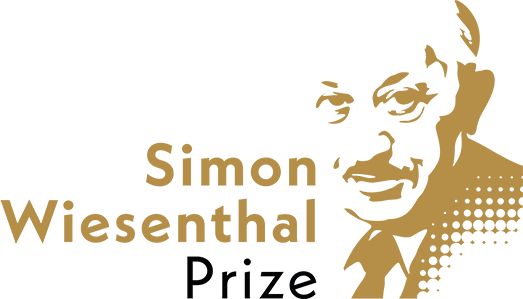Prize winners
Prize winners of the Simon Wiesenthal Prize 2024
Award for civic engagement to educate the public about the Holocaust:
Prize winner:
RE.F.U.G.I.U.S. (Austria)
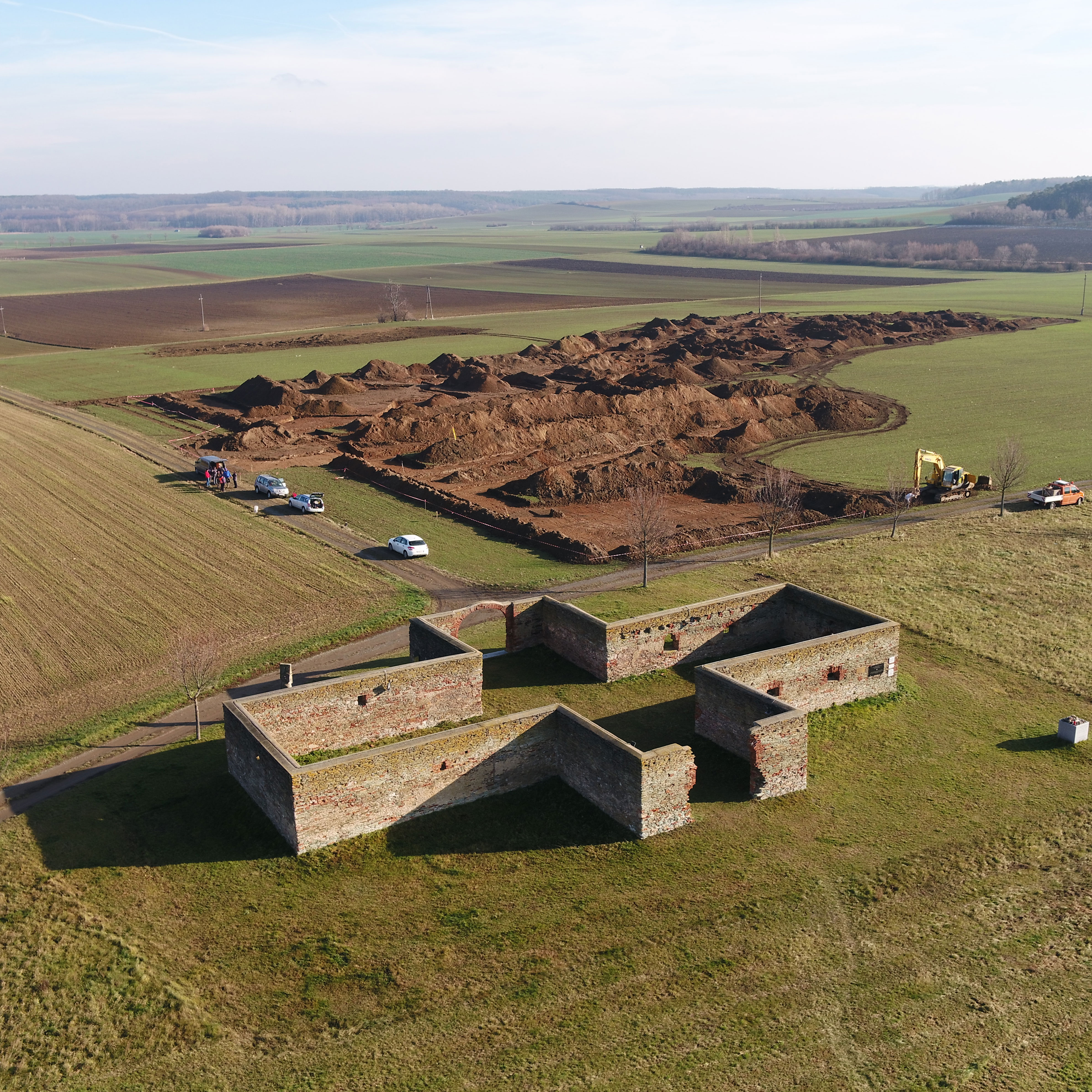
Since its foundation, the RE.F.U.G.I.U.S. association (Rechnitz Refugee and Memorial Initiative and Foundation) has been a key player in the fields of remembrance culture and reappraising Nazi crimes. At the heart of RE.F.U.G.I.U.S.’s work is the Kreuzstadl memorial, a place of remembrance and warning. Its integrated information and documentation area transforms the site into an open learning space that also offers future generations a deeper insight into the crimes of the Nazis and enables them to understand the importance of remembrance.
Nominees:
ZENTRUM FÜR ERINNERUNGSKULTUR DUISBURG (Germany)
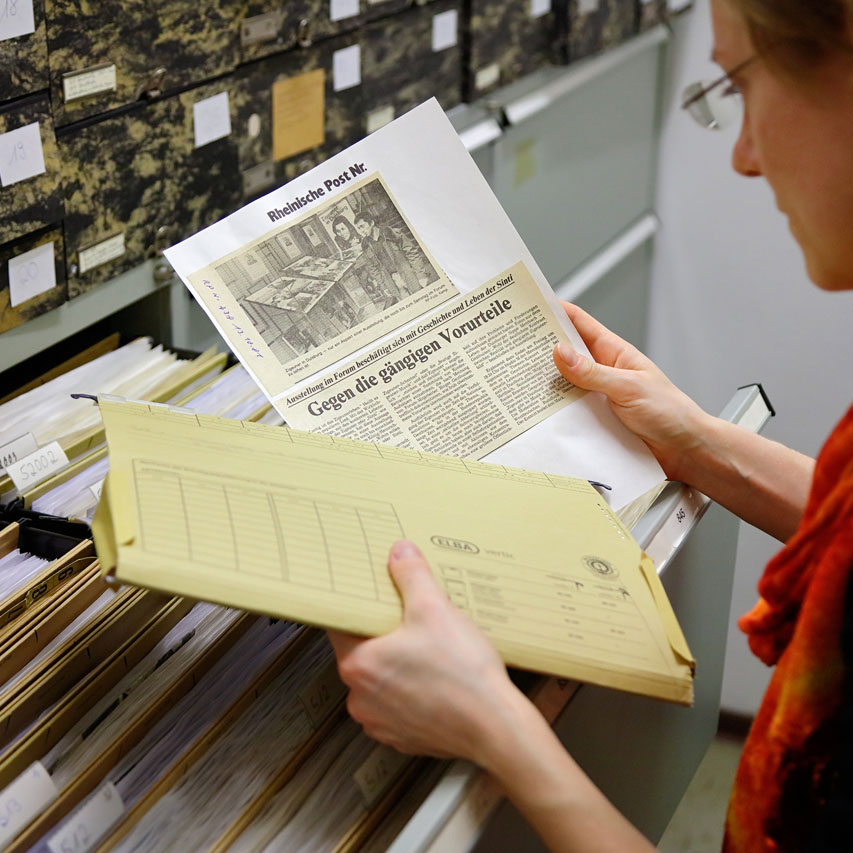
The Centre for Remembrance Culture in Duisburg plays a pivotal role in antisemitism prevention work and educating people about the persecution of Jews during the Nazi era. With its participatory, biographical approach, it reaches a broad target group. By combining remembrance work and creative forms of expression with social engagement, the centre encourages dialogue beyond the school gates and raises awareness of the dangers of antisemitism and racism for future generations.
GHETTO FIGHTERS‘ HOUSE (Israel)
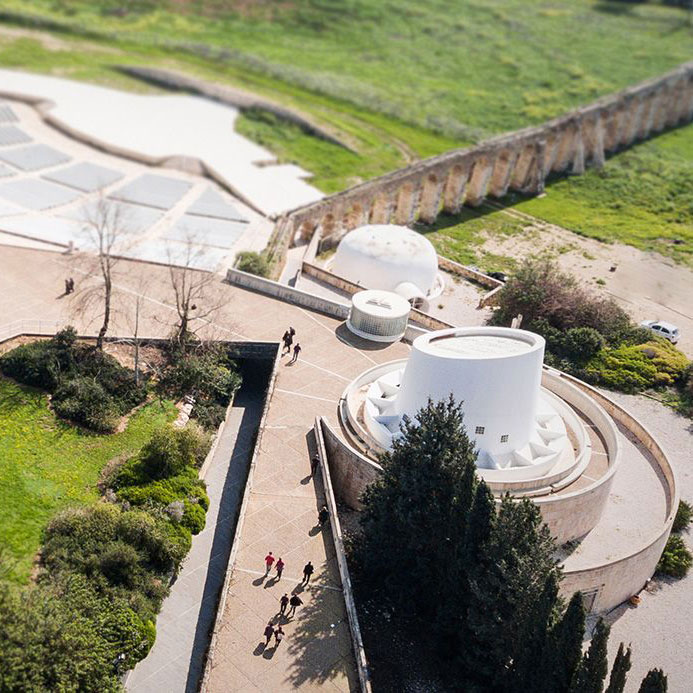
The Ghetto Fighters’ House Museum, named after Itzhak Katzenelson, was founded in 1949 by Holocaust survivors, including survivors of the Warsaw Ghetto Uprising, and is among the first museums of its kind. Since its inception, the museum’s founders sought to tell the story of the Holocaust, focusing on Jewish resistance in all its forms. The Ghetto Fighters’ House is an active proponent of Holocaust education, offering guided tours, lectures, and workshops, while also supporting research projects and organising conferences and discussion forums. The museum’s campus includes a Children’s Museum and a Center for Humanistic Education.
Award for civic engagement to combat antisemitism:
Prize winner:
COMMUNITY SECURITY TRUST (Great Britain)
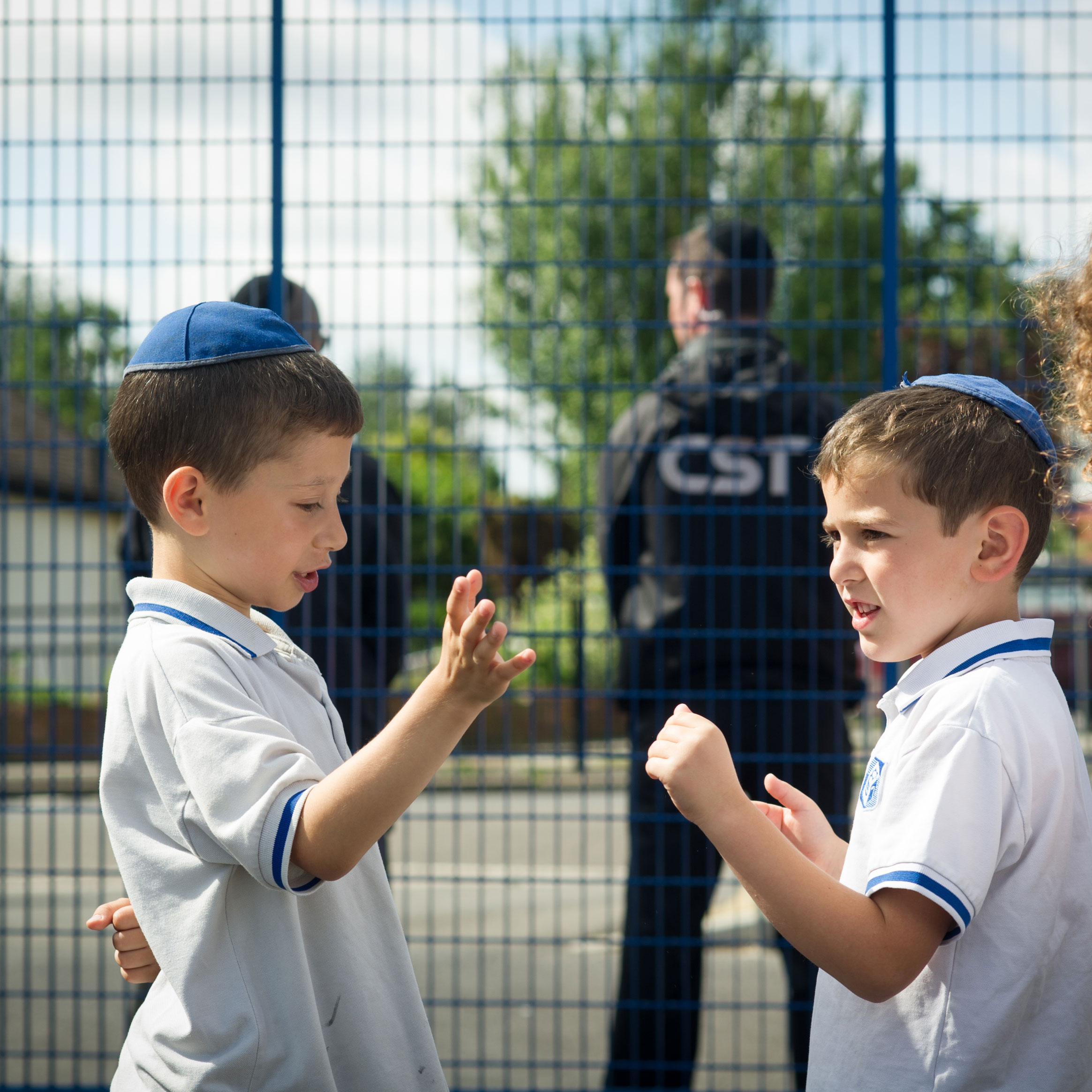
Community Security Trust (CST) is a nonprofit organisation dedicated to protecting the Jewish community in the United Kingdom from antisemitism and related threats. The organisation has its origins in the decades before and after the Second World War. Since 1994, CST has had charitable status and operates with the support of over 2,000 volunteers and a staff of more than 100 employees. CST’s approach of bridging the gap between the Jewish community and government authorities has become a best practice model for similar initiatives across Europe.
Nominees:
OMAR MOHAMMED (Italy)
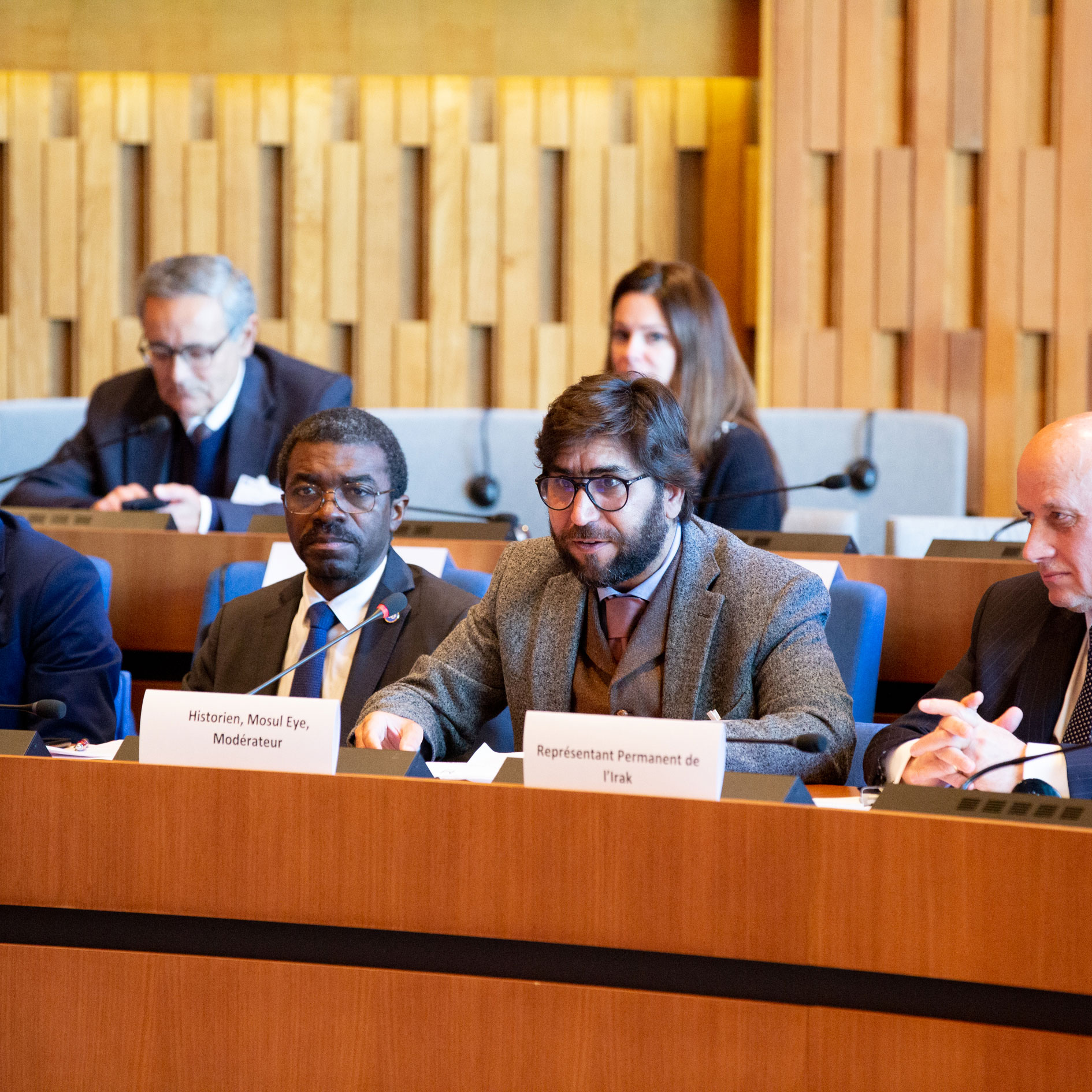
Dr. Omar Mohammed is an Iraqi-born historian and activist who currently leads the Antisemitism Research Initiative in the Extremism Programme at George Washington University in Washington, D.C. He is actively involved in the fight against antisemitism through his research into contemporary antisemitic trends and his efforts to bring the forgotten Jewish history of Iraq back into the public eye. Through his podcast, “36 Minutes on Antisemitism”, and his written articles, he makes a vital contribution towards raising awareness about antisemitism.
DINA PORAT (Israel)
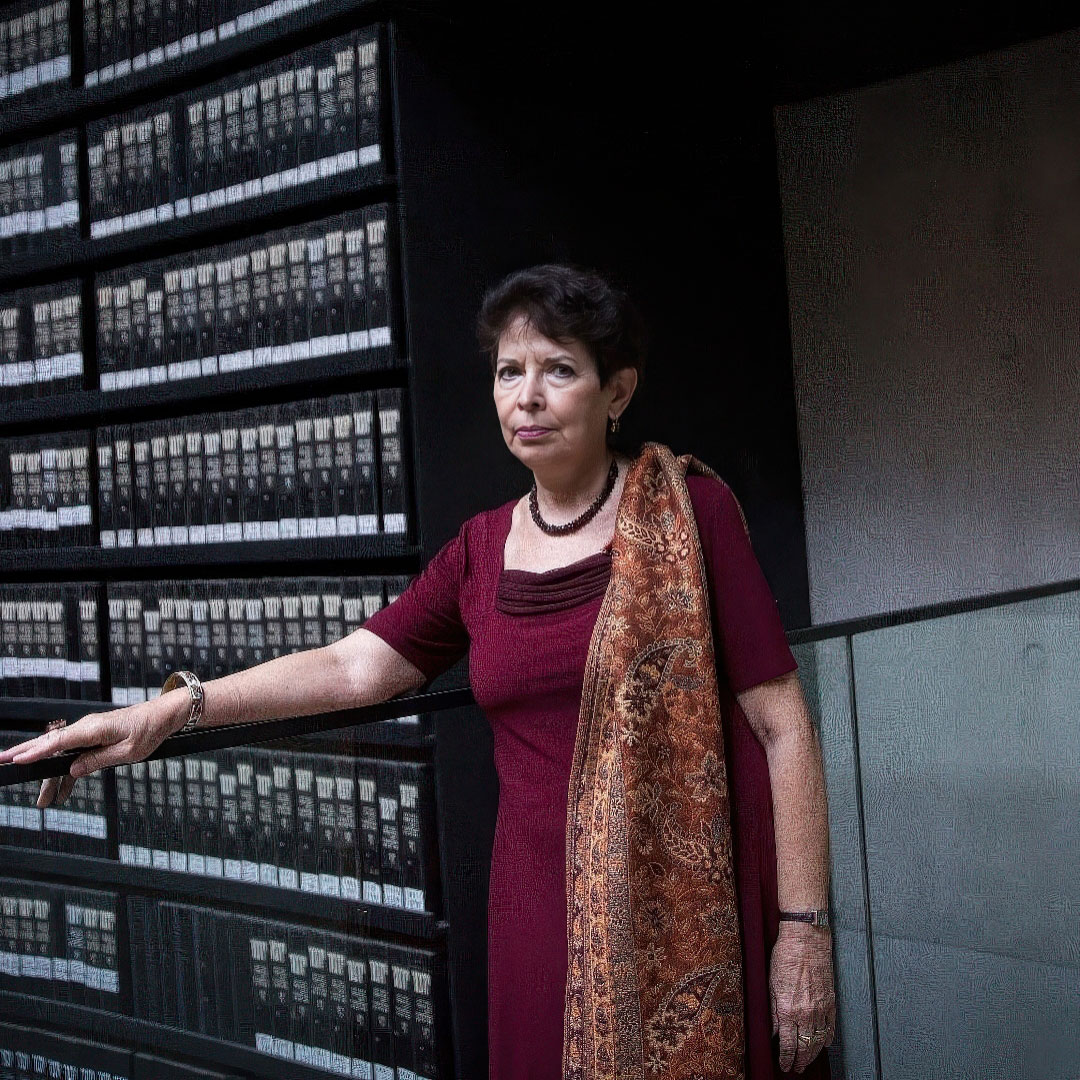
Prof. Dina Porat is one of the world’s leading experts on the history and societal foundations of antisemitism and on combating antisemitism. In her work, she is actively engaged in civil society, mentoring a network of young people aspiring to careers in NGOs. Her advocacy for the IHRA working definition of antisemitism to be adopted by the media and the judiciary throughout the world demonstrates her dedication to combating antisemitic prejudice. Through her extensive research, she champions civic engagement and education about the Shoah.
Main prize for civic engagement to combat antisemitism and to educate the public about the Holocaust:
Prize winner:
GAMARAAL FOUNDATION (Switzerland)
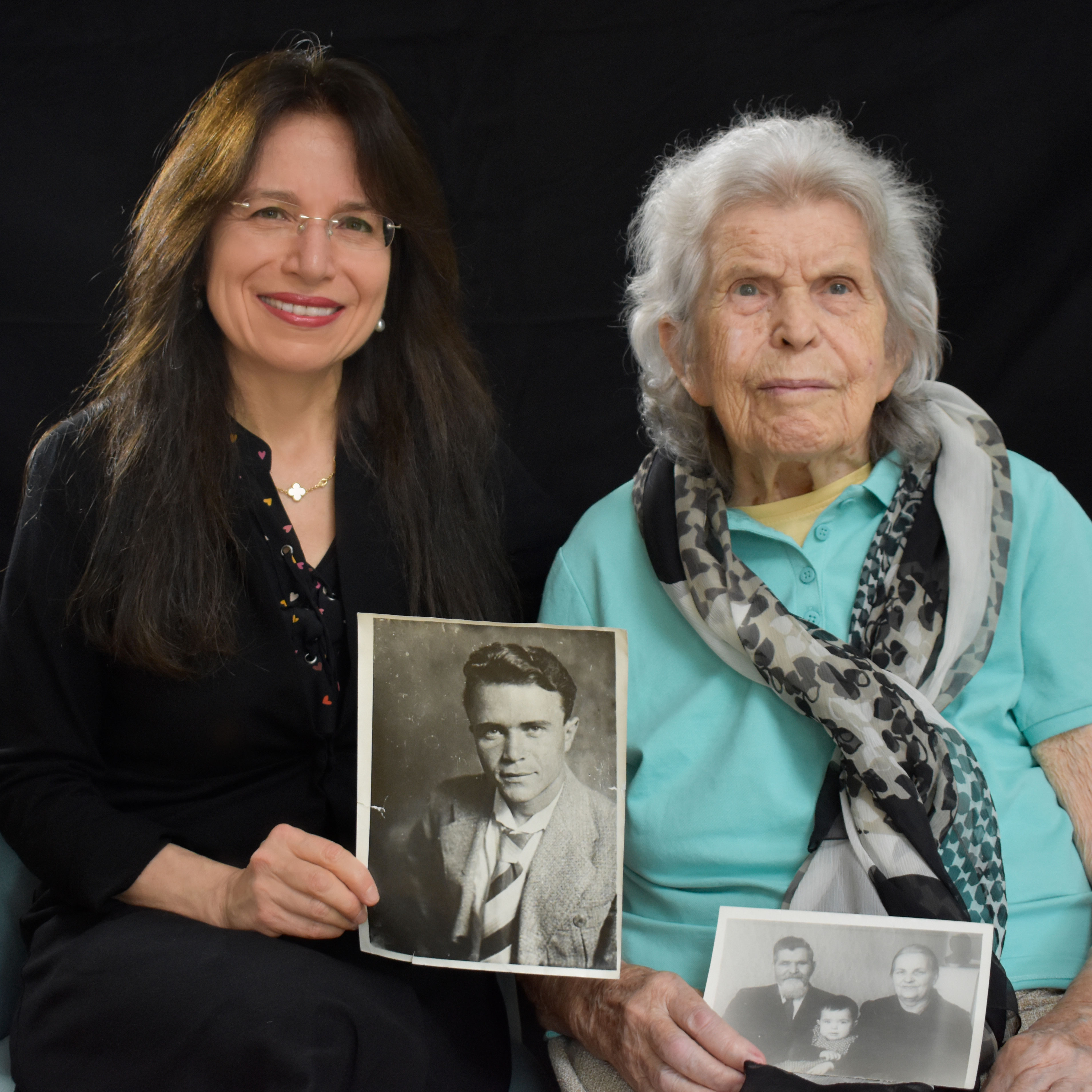
Ever since its foundation in 2014, the Gamaraal Foundation has been committed to supporting Holocaust survivors and promoting Holocaust education. Through numerous exhibitions and educational projects in Europe and beyond, the Gamaraal Foundation draws attention to the experiences of survivors and places the Holocaust in a broader historical context. By undertaking educational work, it seeks to counter growing antisemitism and raise awareness of prejudice, thus cultivating an inclusive society and encouraging younger generations to take a stand against prejudice and discrimination.
Nominees:
CHRISTEN AN DER SEITE ISRAELS (Austria)
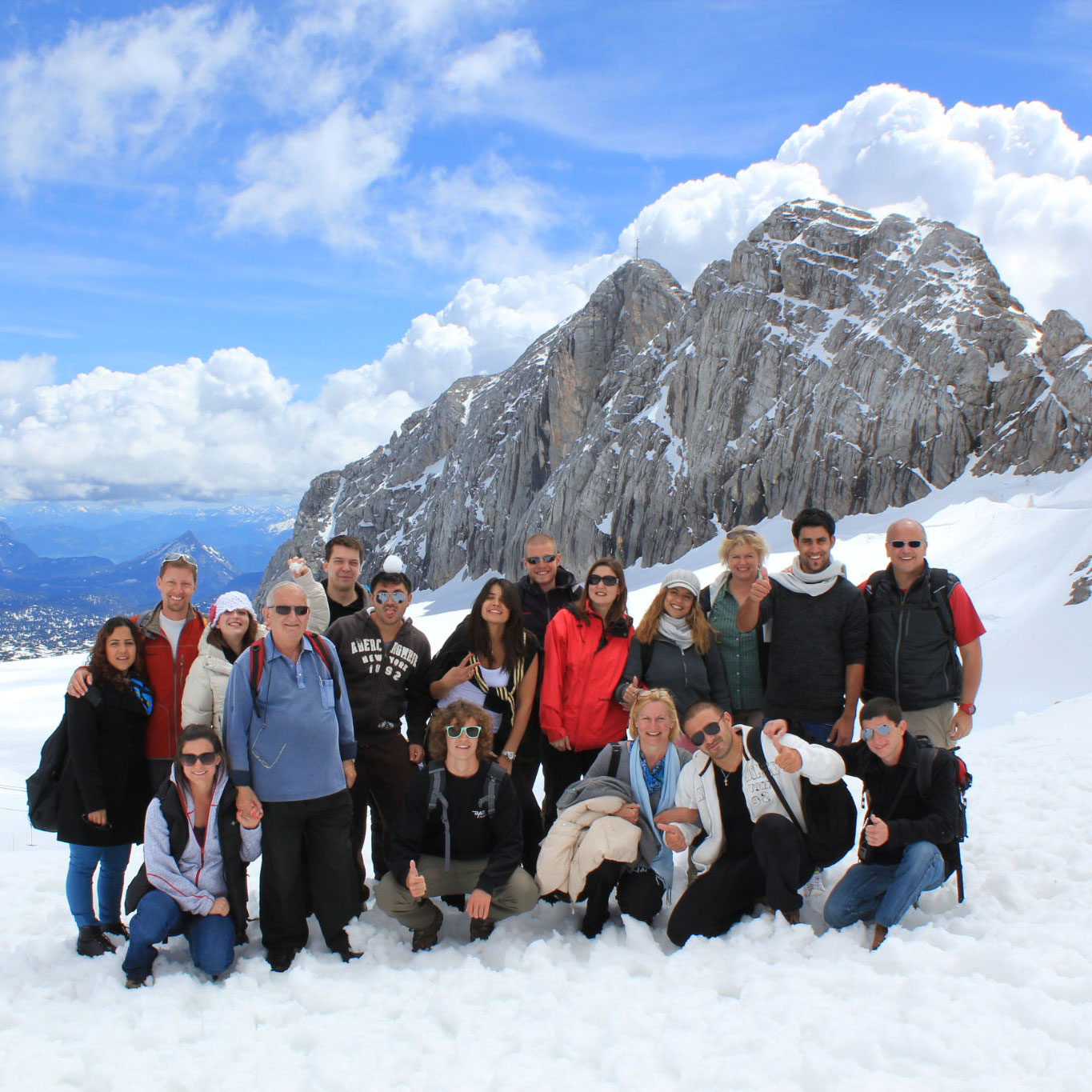
The association “Christians Standing with Israel – Austria” was founded in Vienna in 2008 by Marie-Louise Weissenböck and has since established itself as a non-profit organisation. It is part of the international movement “Christians for Israel” and aims to build bridges between Christian and Jewish communities in order to promote understanding and solidarity between the two faiths. Through its educational projects, seminars and public events, it makes a significant contribution to raising awareness within society and fostering solidarity with the Jewish community.
SABE (STUDYING ANTISEMITISM IN BUSINESS AND ECONOMY) (Austria)
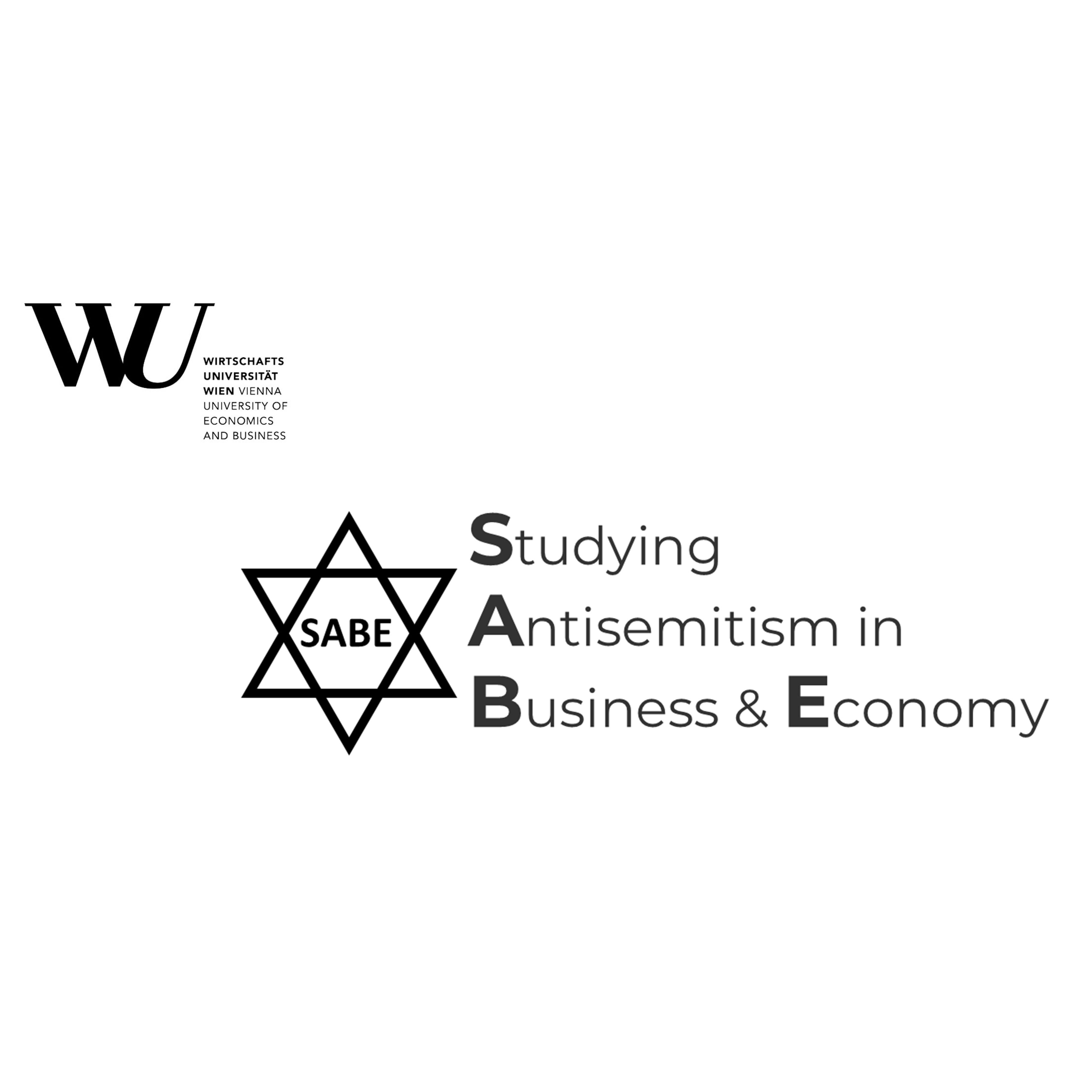
The SABE project is an academic initiative based at the Vienna Universityof Economics and Business, which focuses on researching and combating antisemitism in the workplace, both past and present. One of the central objectives of the SABE project is to increase people’s knowledge of antisemitism and develop evidence-based solutions to counteract antisemitism that can be applied in work environments. With its interdisciplinary approaches and public engagement, SABE makes a proactive contribution to combating antisemitism in our society.
KAROLINE PREISLER (Germany)
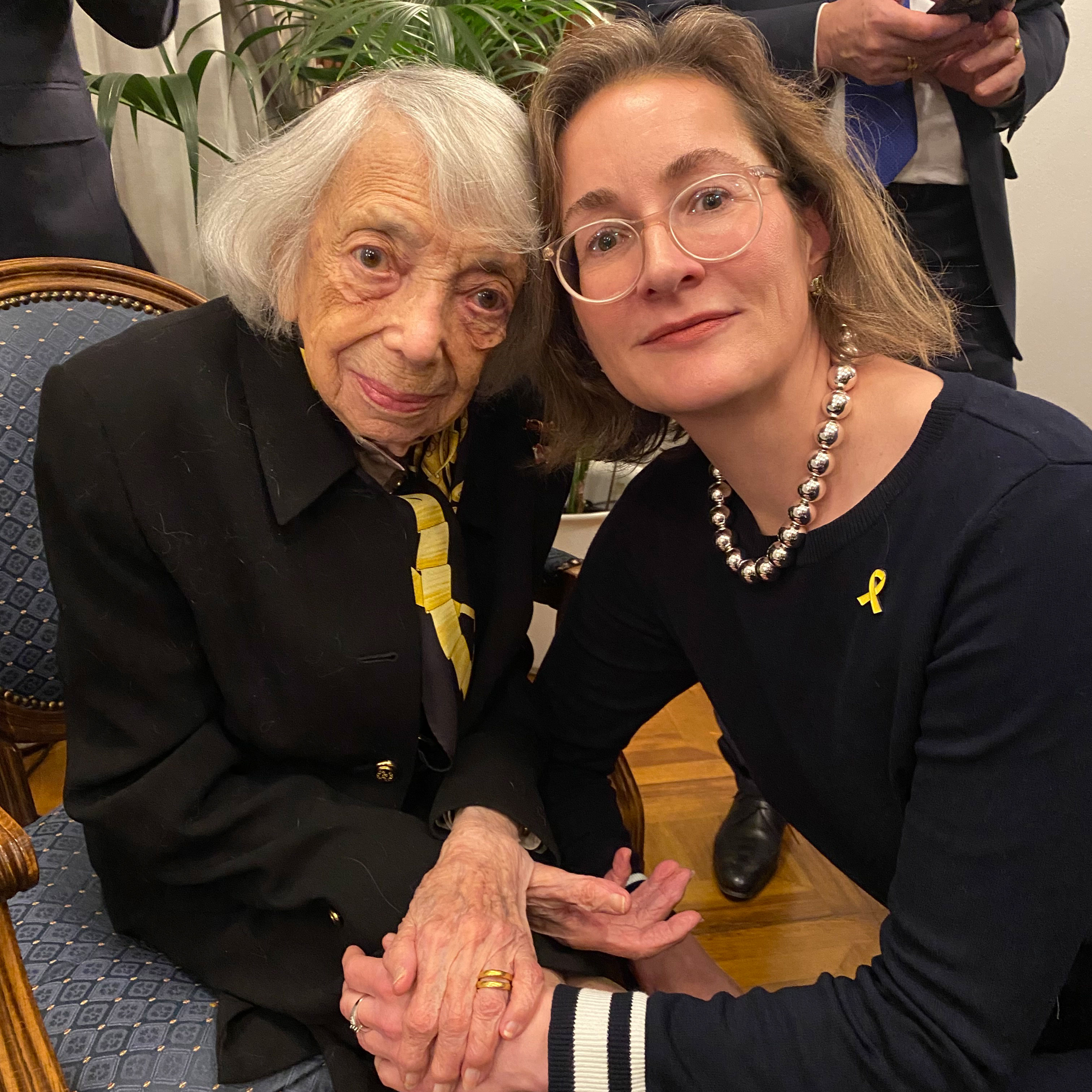
In recent years, politician Karoline Preisler has stood out due to her commitment to taking a stand against antisemitic and anti-Israel statements. Her public presence at demonstrations has helped to encourage a broader discussion about the challenges faced by the Jewish community. She also organises informative events and discussion forums. Preisler uses her platform to shine a light on the historical and modern dimensions of antisemitism and is dedicated to ensuring that these issues are firmly anchored on the political agenda.
Special tribute to the contemporary witnesses
HEINRICH EHLERS (Austria)
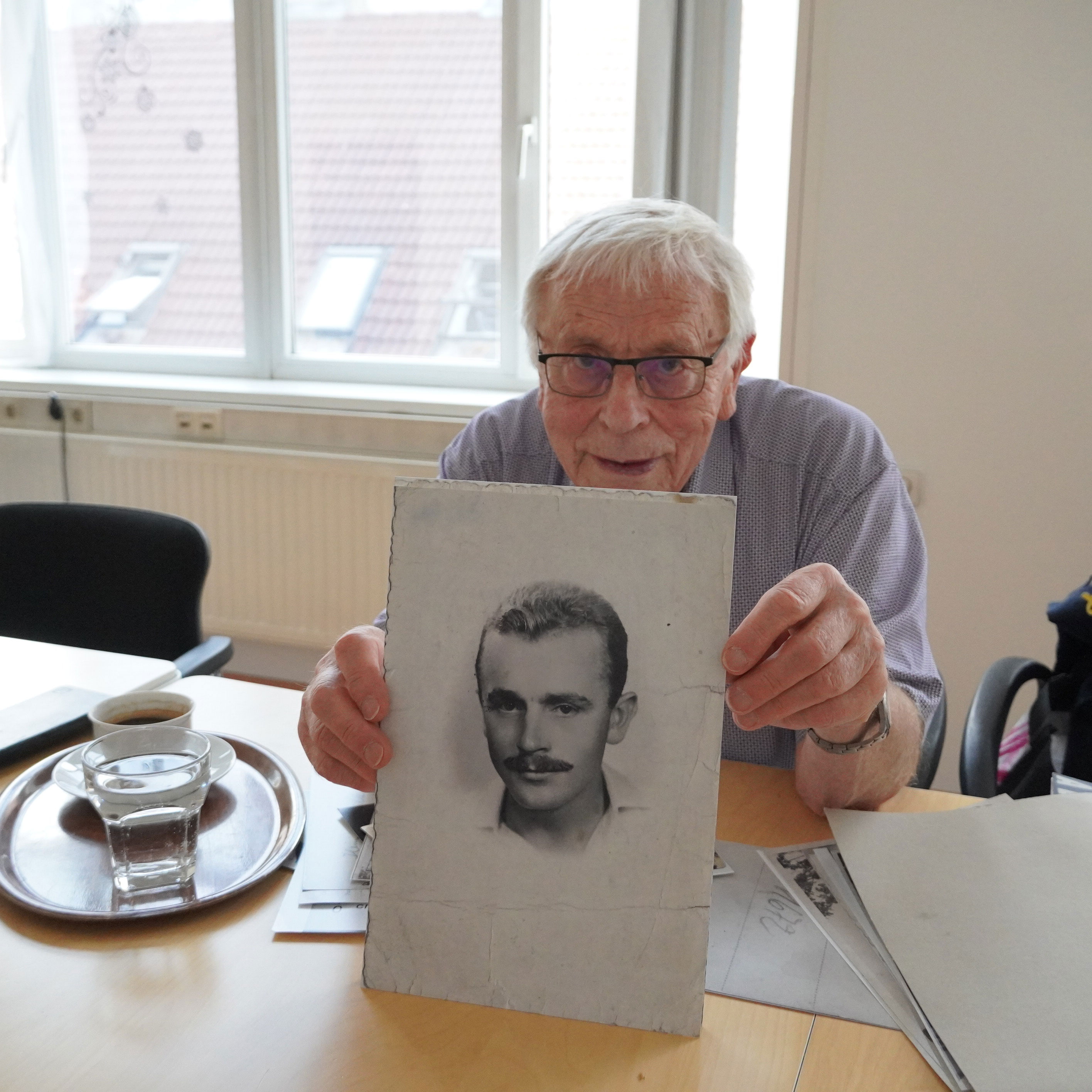
Heinrich Ehlers was born in Vienna in 1939. His father, who was a violinist with the Vienna Symphony Orchestra, was arrested following the “Anschluss”. He managed to escape and went into hiding in a basement flat in Vienna with Heinrich, who was just a few weeks old at the time, and Heinrich’s mother. Heinrich’s brother and sister were born while the family was in hiding. By the time Austria was liberated in 1945, the whole family was seriously ill and the children were malnourished. Heinrich Ehlers has been an active contemporary witness for many years, delivering countless lectures, visiting schools, participating in interviews and appearing in documentaries.
ERICH FINSCHES (Austria)
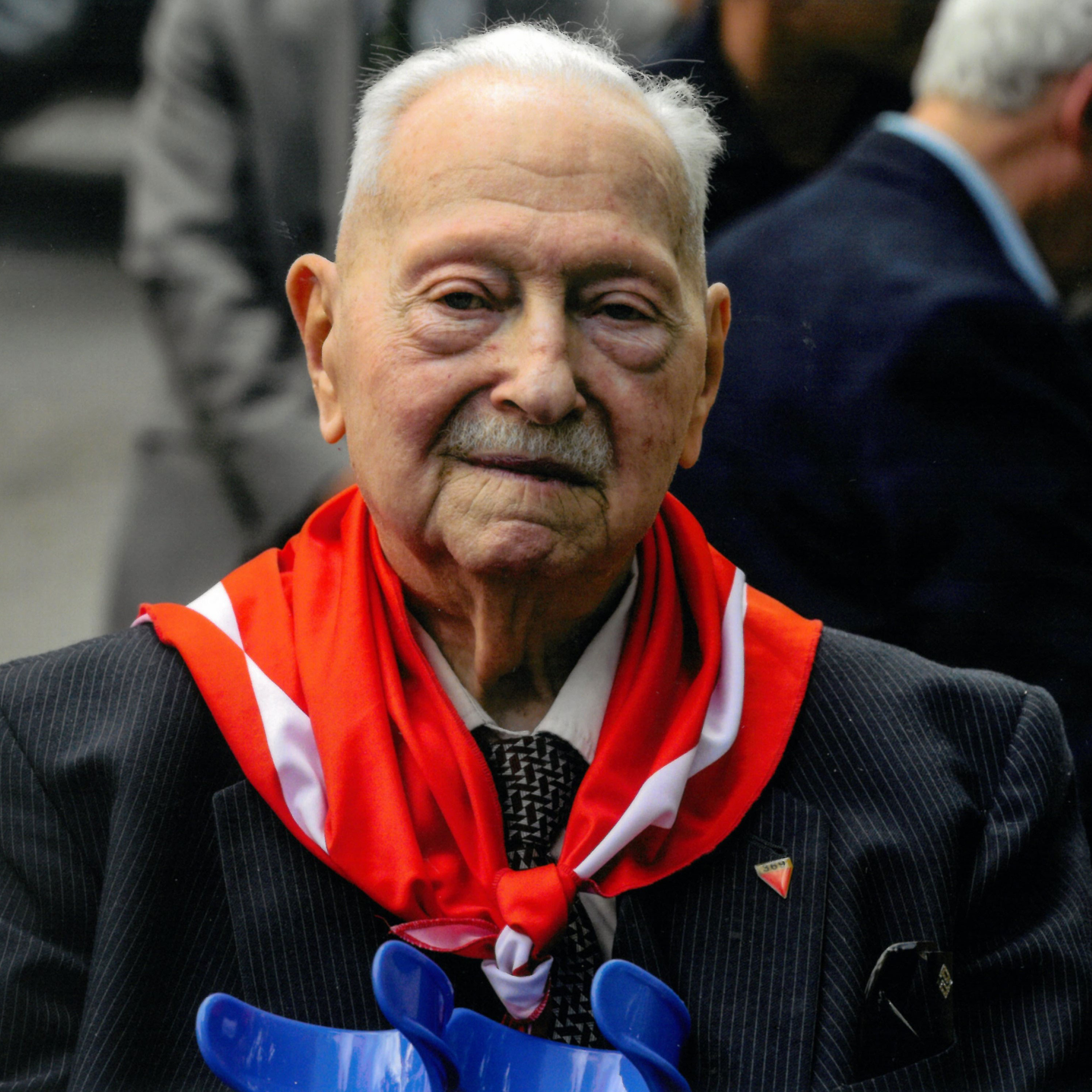
Erich Finsches was born in Vienna in 1927. In November 1938, he was arrested and tortured by the Gestapo; in 1939 he was sent to a labour camp in Eisenerz. He managed to escape and spent the next two years living in hiding in Vienna. After being discovered during a raid, he was sent back to the labour camp but once again managed to escape. In 1944, he was captured by the SS in Hungary and deported to Auschwitz. He went on to survive several camps and a death march, weighing just 30 kilos by the time he was liberated. Today, he continues to work tirelessly as one of the last and oldest contemporary witnesses.
DON JAFFÉ (Germany)
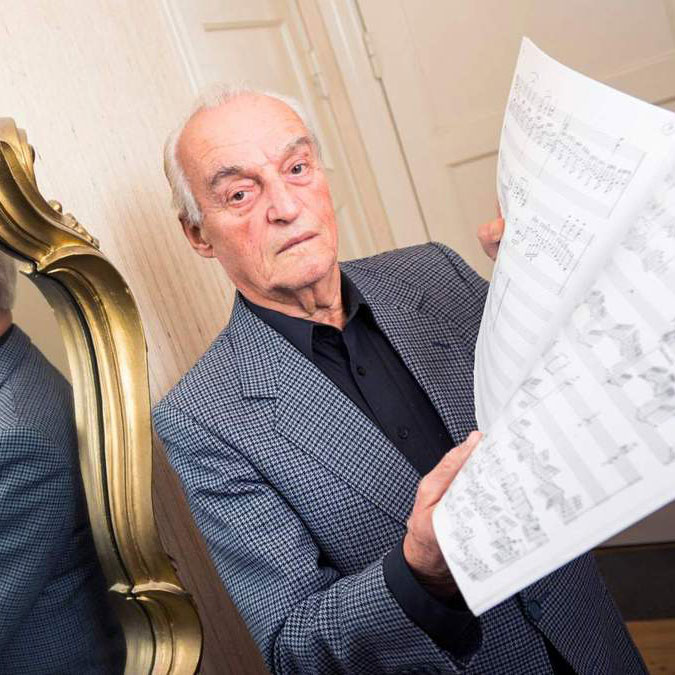
Don Jaffé was born in Riga in 1933. In 1941, he fled with his family to Siberia, while around 70 of his relatives were murdered. In the 1970s, the internationally successful cellist moved with his family first to Israel and then to West Germany. Don Jaffé’s compositions are deeply influenced by his Jewish heritage and his personal history. He dedicates them to the victims of the Shoah as musical memorials. At the same time, he intends them to be heard as a warning at a time of resurgent antisemitism.
FELIX LEE (Austria)
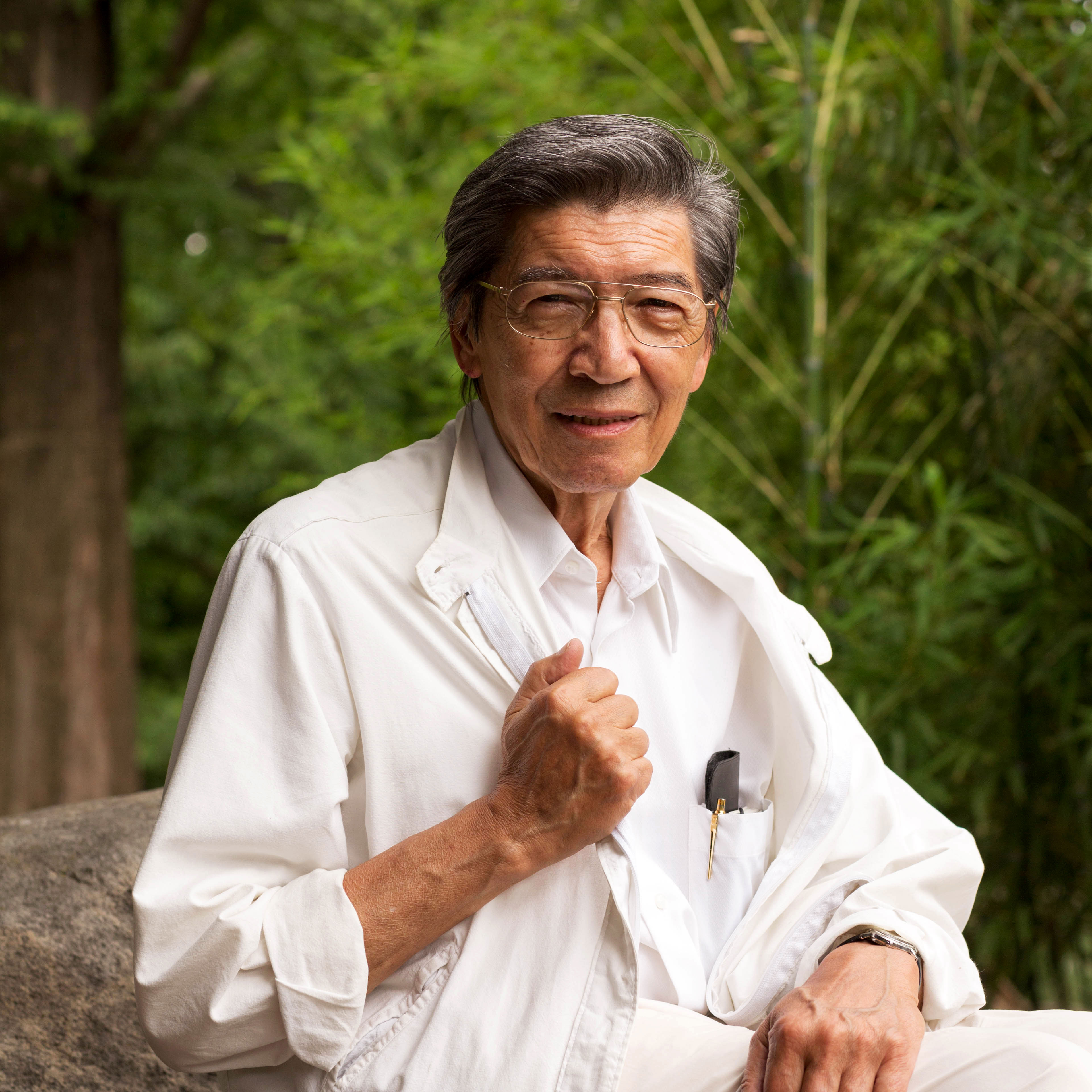
Felix Lee was born in Vienna in 1935. His Jewish mother had married a Chinese music student in 1933. After the “Anschluss”, the couple were initially protected because they were Chinese citizens, but they had to live in cramped conditions with 16 people in a small apartment. After her divorce in 1939, his mother married another Chinese citizen, which protected her and her son from deportation and enabled them to survive the Holocaust. Felix Lee went on to study accordion, piano and composition. He regularly appears as a contemporary witness in schools.
LUDWIG POPPER (Austria)
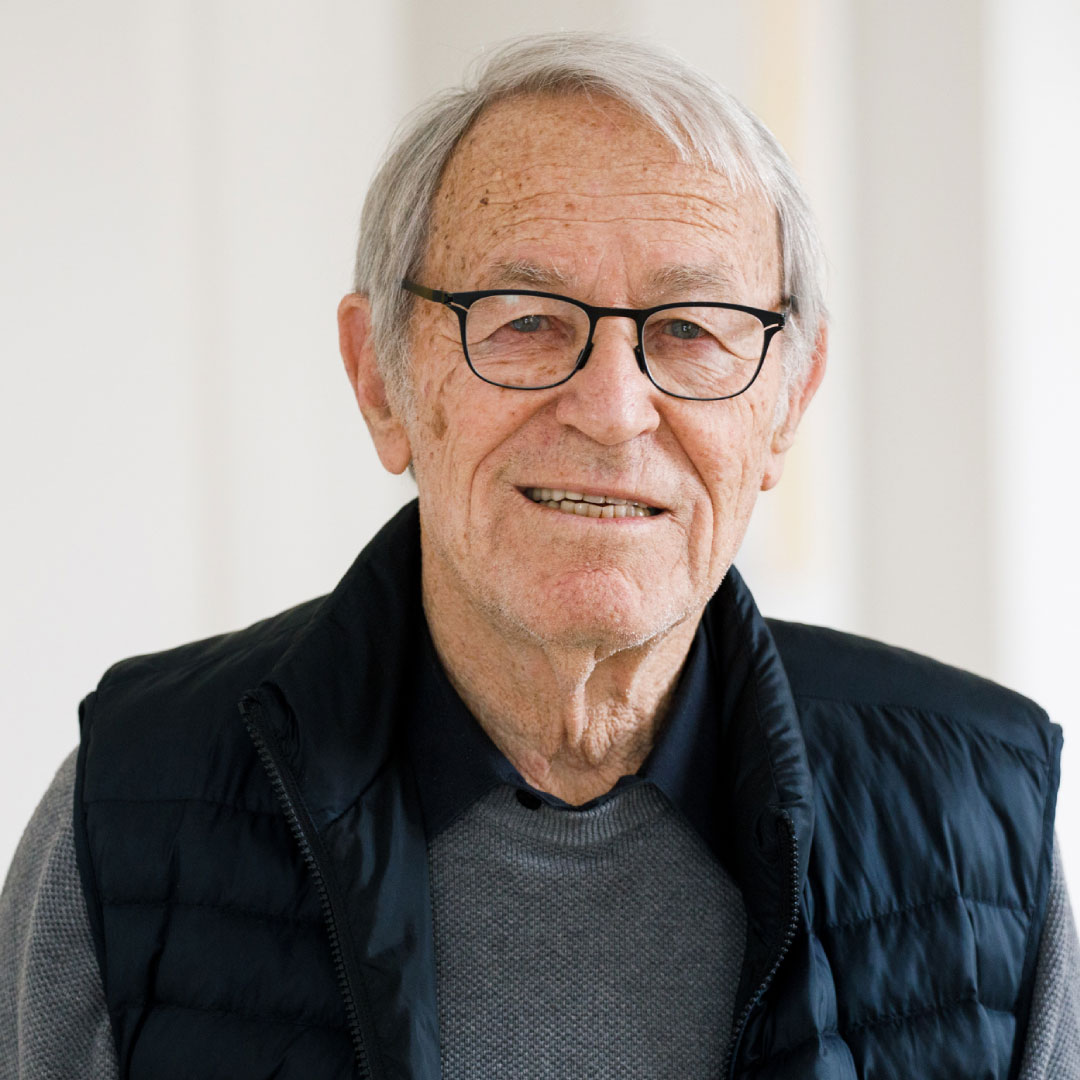
Ludwig Popper was born in Vienna in 1938 and fled with his family via Switzerland to Bolivia. He returned to Vienna in 1947 and later went on to study medicine. In 1973 he settled in Oberwart, where he worked as a doctor. For decades, Ludwig “Lutz” Popper has been sharing his experiences in schools, universities, synagogues and churches. In 2005, he published his father Ludwig Popper’s compelling memoirs under the title Bolivien für Gringos (“Bolivia for Gringos”). This was followed in 2008 by Briefe aus einer versinkenden Welt (“Letters from a Sinking World”), a collection of over four hundred letters written by his parents in 1938 and 1939.
JOSEF SALOMONOVIC (Austria)
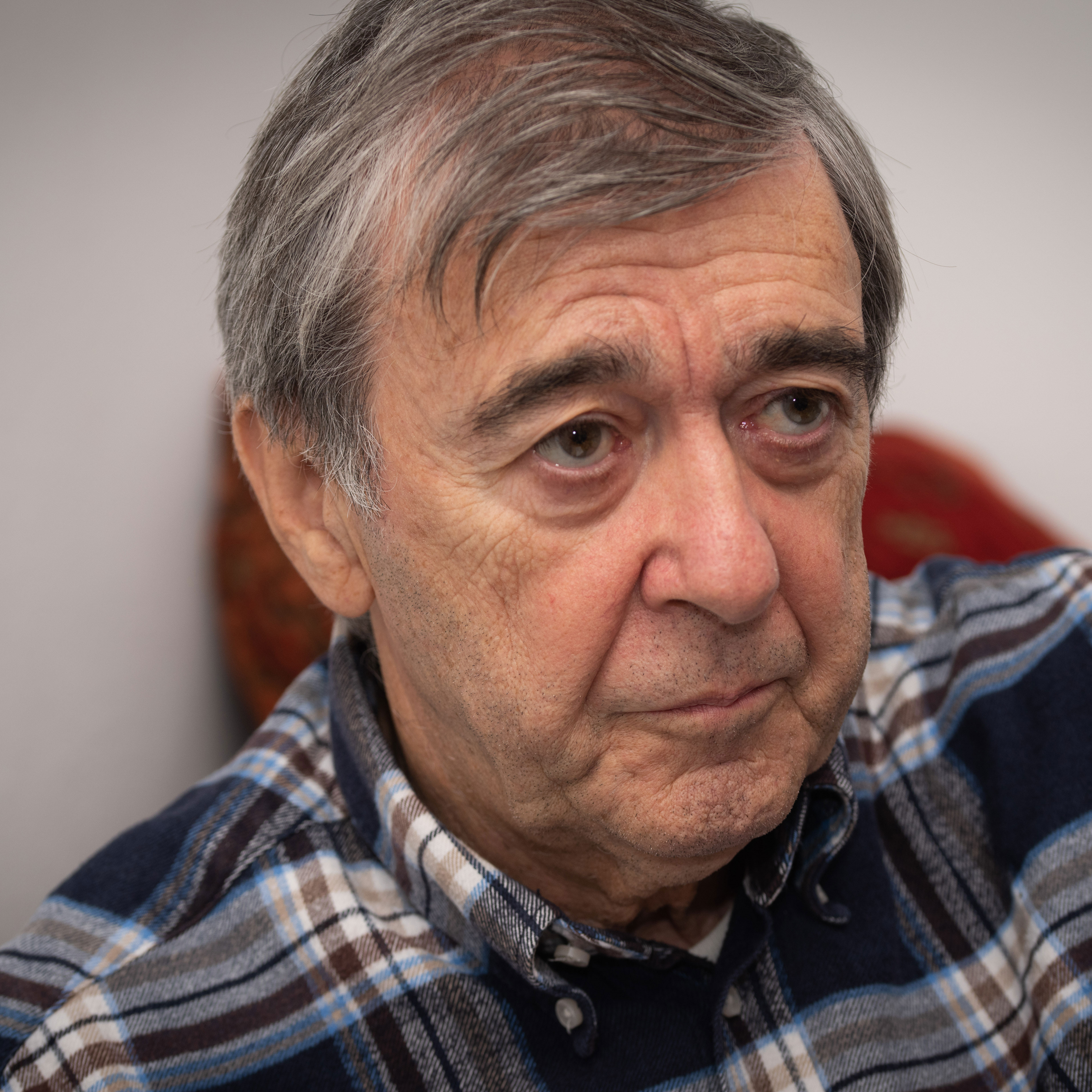
Josef Salomonovic was born in Moravian Ostrava in 1938. Following the German invasion of Czechoslovakia, his family was expelled to Prague and in 1941 they were deported to the Łódź ghetto in Poland. He survived three years in the ghetto and then Auschwitz concentration camp – where he miraculously survived the selection process at the age of six – followed by Stutthof, where his father was murdered, and Flossenbürg. Josef Salomonovic, who moved to Austria with his wife in 1971, has been actively involved in schools, universities, events and films as a contemporary witness for many decades.
KITTY SCHROTT (Austria)
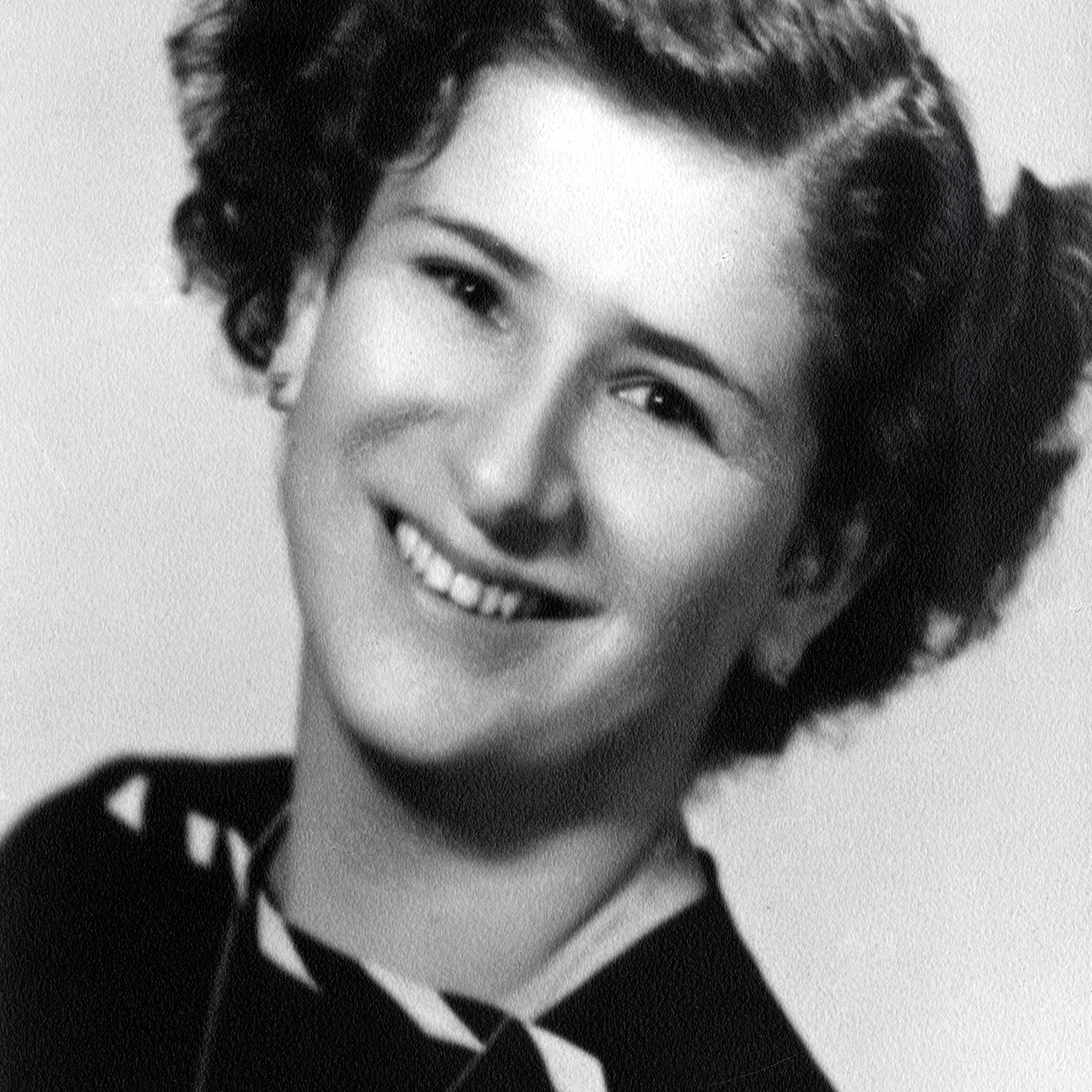
Kitty Schrott was born in Vienna in 1934 and spent the first four years of her life in Laa an der Thaya. In 1938, the family was forced to relocate to Vienna. In the autumn of 1940, they managed to flee to Palestine, but were deported by the British authorities to Mauritius, where Kitty’s grandfather perished. In 1945, the family was able to legally enter Palestine. After losing her mother to cancer in 1947, Kitty returned to Austria with her father. Kitty Schrott has given many interviews, appeared in documentaries and continues to bear witness to the Nazi era.
ADOLF SILBERSTEIN (Austria)
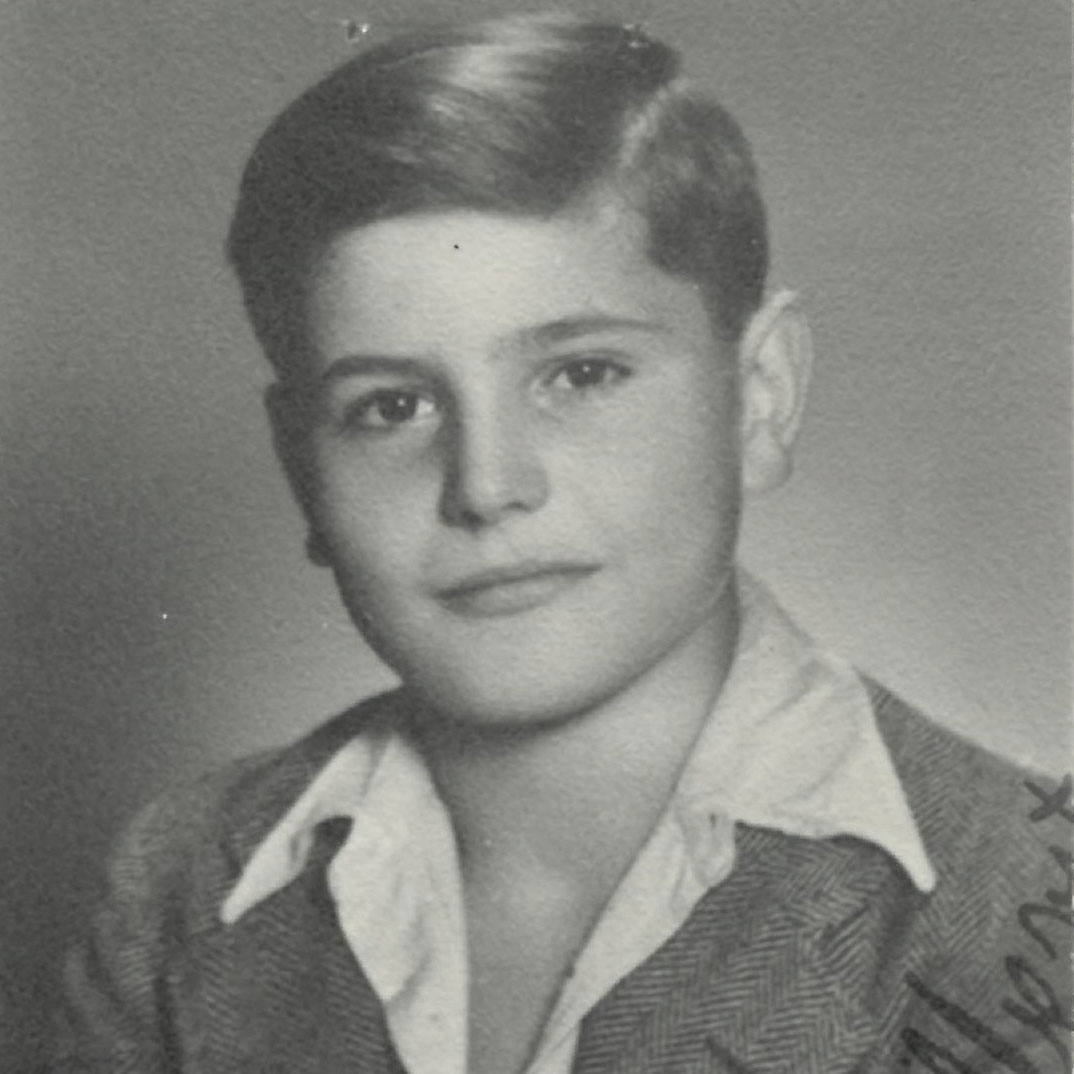
Adolf Silberstein was born in Vienna in 1936 to an unmarried mother. Because his mother was ill, he was placed in a home and then with a foster family. In 1942, he was taken to an assembly camp from where he was supposed to be transported to the extermination camps. But Adolf contracted an ear infection and was instead transferred to a children’s hospital. The fact that he survived the Nazi period was mainly thanks to the help of Jewish social worker and resistance fighter Franzi Löw. His foster family and his biological mother were murdered in the Holocaust. Adolf Silberstein has been played an active role as a contemporary witness for many years.
STANISLAW ZALEWSKI (Poland)
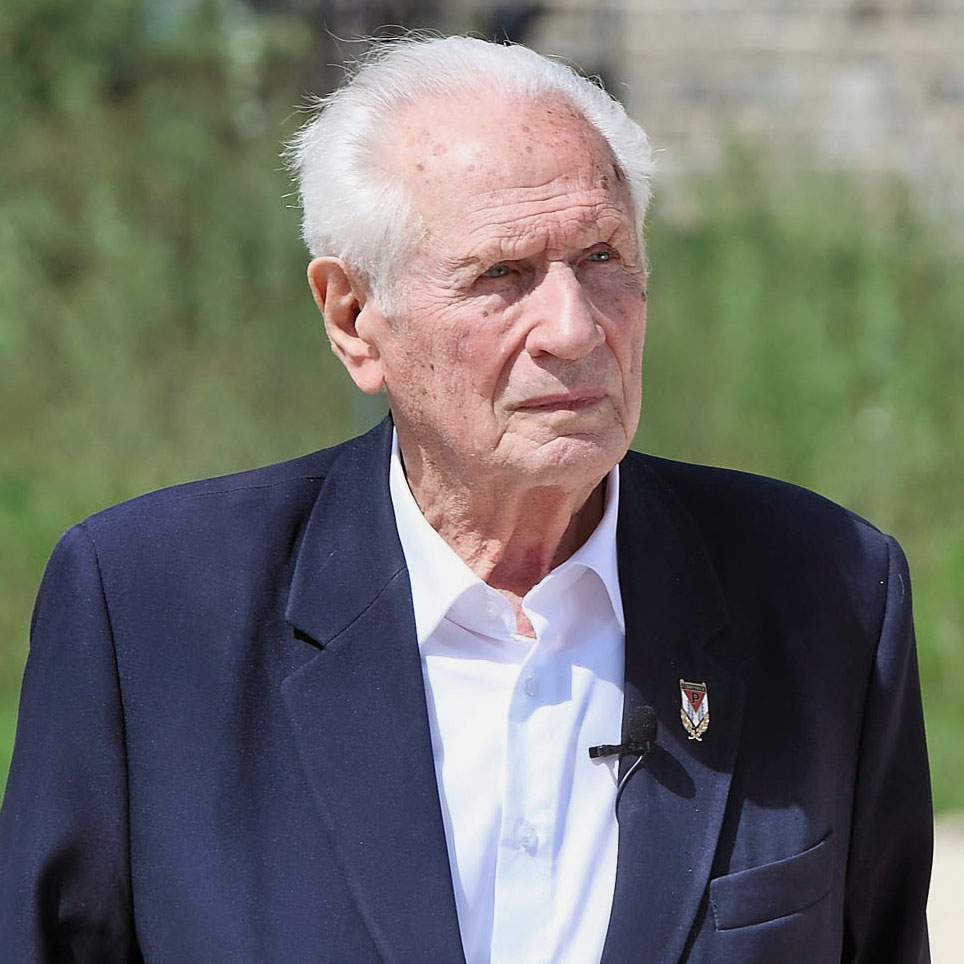
Stanisław Zalewski was born in Poland in 1925. When the Germans invaded, he joined the Polish underground, establishing contact with resistance groups and taking part in acts of sabotage. In 1943, he was arrested and sent to Auschwitz and Mauthausen before finally ending up in Gusen. He survived the camp and in 1945 he returned to Warsaw, where he learned that his mother and brother had been killed in the war. Stanisław Zalewski has been sharing his life story and experiences for around thirty years, most recently in the documentary film Botschafter des Erinnerns (“Ambassador of Remembrance”), released in 2024.
